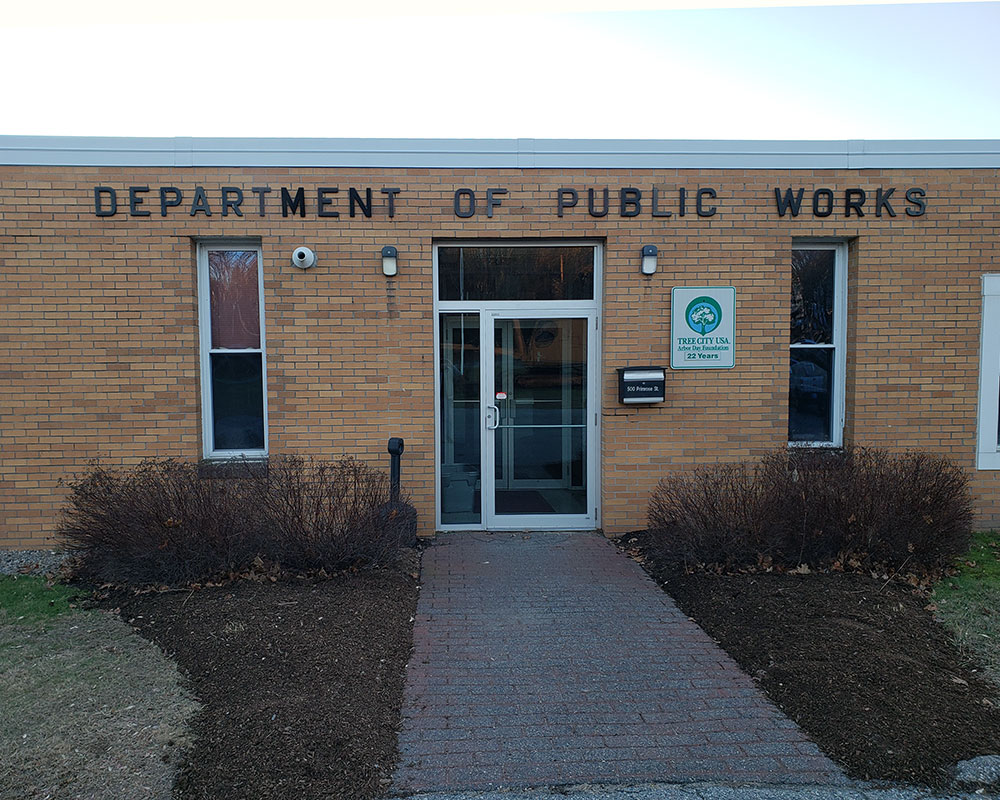During the latest round of appeals to force full release of a secret “Highway Department Investigation,” the state has sided with the city—at least for the time being.
State Supervisor of Records Rebecca S. Murray told WHAV in a letter dated April 30 that she will not offer any further opinions while the city claims to need confidential information in the report to defend itself against a discrimination complaint. Murray did say the situation could change depending on the outcome of the complaint before the Massachusetts Commission Against Discrimination.
Since last November, WHAV has been denied complete access to the 83-page report authored by Haverhill Police Chief Alan R. DeNaro last fall. Upon successful appeal to the state, the city turned over a heavily censored—or redacted—version of the report to WHAV in February. It revealed Highway Superintendent Brian J. Zaniboni refused to answer DeNaro’s questions. Zaniboni has not been charged with any crime, but undisclosed “allegations” were made against him in an anonymous letter received by Mayor James J. Fiorentini.
WHAV further appealed, noting approximately 90 percent of DeNaro’s conclusions and recommendations were blacked out. In March, the state ordered the city to release more.
“Despite the city’s response, it remains unclear which redacted portions the city is claiming constitute personnel information,” Murray wrote then, adding, “This clause does not protect all data relating to specifically named individuals.”
Last month, the city argued that it required information from DeNaro’s report to defend itself against the recent discrimination claim. The radio station countered the city’s latest refusal is “merely a pretext to avoid release of documents that ought to be public” and “would have been moot if the City had properly complied with the Public Records Law months prior.” Finally, WHAV argued, the city’s position “sets a dangerous precedent, if allowed, since almost any past or future public record could be withheld during ongoing or future litigation. The city, like many communities and state agencies, is nearly a continual defendant in one case or another.”

